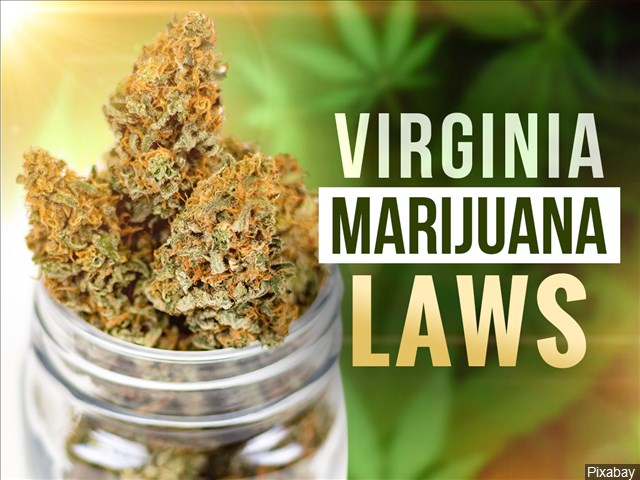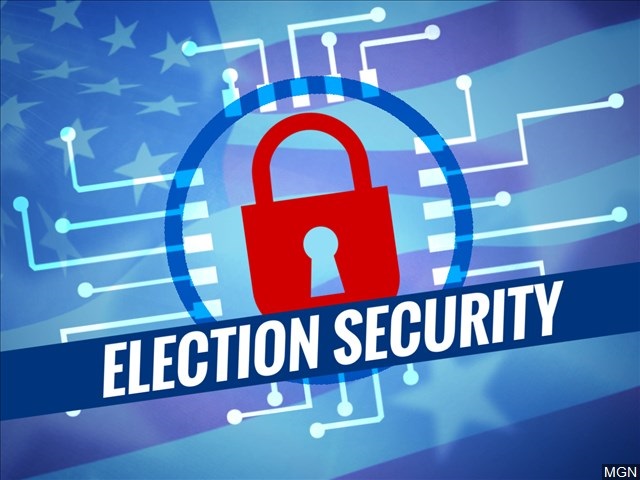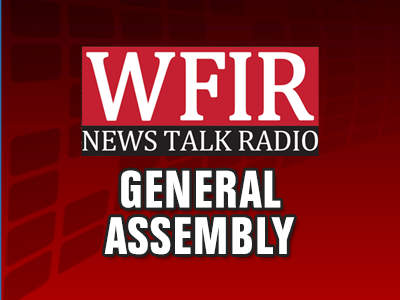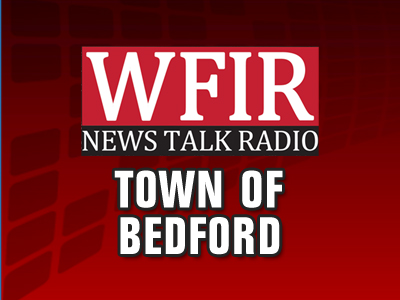ROANOKE, Va. – As the United States marks the 88th anniversary of the federal prohibition of cannabis on Saturday, advocates argue the nation’s drug policy is still defined by a law rooted in prejudice and misinformation, not science.
The Marihuana Tax Act of 1937 effectively banned cannabis nationwide. Some historians and critics note the law’s passage was fueled by anti-Mexican sentiment, intentionally using the Spanish term “marihuana” to associate the plant with immigrants. Today, with recreational cannabis legal in 24 states, advocates say it is long past time for federal policy to change.
A Law Built on ‘Blatant Lies’
JM Pedini, executive director of the advocacy group Virginia NORML, said the foundation of federal prohibition was flawed from its inception.
“From the very beginning, marijuana prohibition has been based almost entirely upon racial stereotypes, blatant lies, and the promotion of over exaggerated claims,” Pedini said.
This perspective is supported by historical records showing the American Medical Association testified against the 1937 act, arguing it would obstruct medical research and that claims about the dangers of cannabis were unsubstantiated.
The Impact of a ‘Failed Policy’
The consequences of federal prohibition, which classifies cannabis as a Schedule I drug alongside heroin, have been vast. Pedini pointed to the widespread impact on the justice system and its disconnect with public opinion.
“For decades now Americans have had a front row seat at the horror show of this failed policy. It’s resulted in the arrest of over 30 million Americans,” Pedini said. “This is why now nearly nine in ten Americans do not support the US government’s blanket criminalization of marijuana.”
National polling confirms this trend. According to a 2024 Pew Research Center poll, 88% of U.S. adults say marijuana should be legal for either medical or recreational use.
Stalemate Continues in Virginia

Here in Virginia, the conflict between reform and prohibition persists. While a 2021 law legalized the possession and personal cultivation of cannabis for adults 21 and over, efforts to establish a legal retail market have been repeatedly blocked by Governor Glenn Youngkin, who has vetoed multiple legislative attempts.
This leaves Virginia in a legal gray area, without licensed shops or retailers for nonmedical cannabis. Opponents of establishing a retail market argue more research is needed to understand potential public health impacts.
As the nation reflects on 88 years of federal prohibition, the debate over how to reconcile a controversial past with modern public sentiment continues in state capitals and the halls of Congress.



